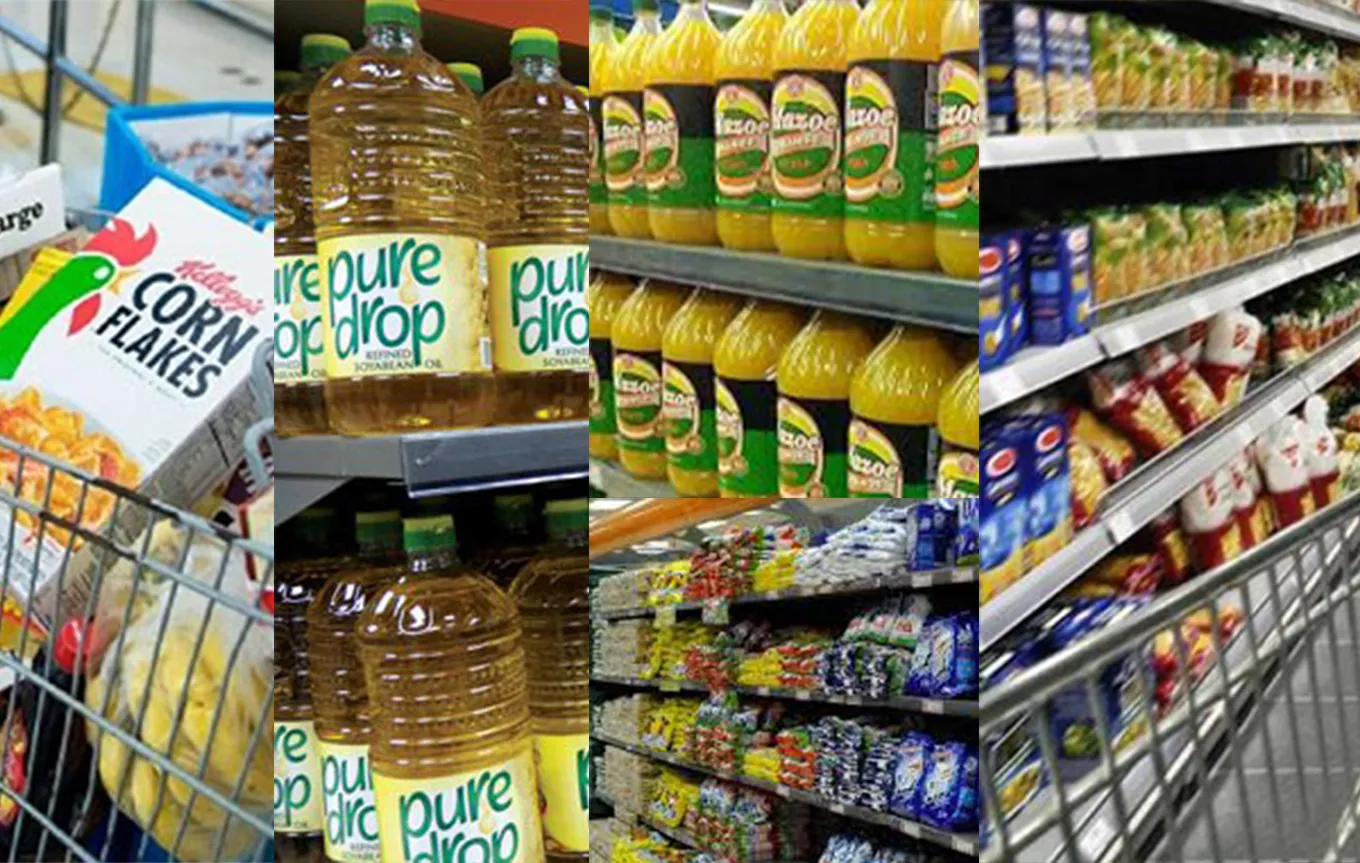
The galloping prices of basic commodities has left the majority of Zimbabweans struggling for survival at a time incomes are declining.
According to the Zimbabwe National Statistics Agency (ZimStat), annual inflation raced from 11.3 percentage points in April to 86.5% this month.
Monthly inflation has reached double digits after rising sharply from 2.4% last month to 15.7% in May.
ZimStat measures inflation using a ‘blended’ average of United States dollars and Zimbabwe dollar prices as the economy is now virtually dollarised.
The Zimdollar has been losing value rapidly with US$1 now fetching ZW$4000 on the parallel market. Employers are struggling to keep pace with currency movements when it comes to salaries.
As usual, the government has refused to take blame for the crisis with President Emmerson Mnangagwa claiming that businesses were sabotaging his government ahead of elections in August.
Mnangagwa said businesses were suppressing the use of the local currency by disabling point-of-sale gadgets to force consumers to buy goods in foreign currency.
He also claimed that retailers were diverting commodities to the informal market to evade tax and also avoid the use of the local currency, whose value has been plummeting.
- CTC approves six mergers
- CTC approves six mergers
- Dairibord inks deal after Dendairy flop
- Dairibord inks deal after Dendairy flop
Keep Reading
However, before the ink dried on Mnangagwa’s column in a state-controlled weekly, a government inquiry into price hikes put the blame squarely on his doorstep.
In their joint report, the Competition and Tariff Commission, National Competitiveness Commission and the Consumer Protection Commission said the exchange rate volatility was behind the surge in prices.
They recommended that the Zimbabwe dollar be allowed to float freely and also observed that the government was driving money supply by making huge payments in local currency to contractors.
The commissions were also critical of the government’s decision to lift duty on basic imports as this will have the unintended consequences of destroying Zimbabwe’s industries that cannot withstand the competition with foreign brands.
The findings are very useful in that they stop government from trying to find scapegoats for its shortcomings.
Zimbabweans expect a pragmatic approach to the crisis that has eroded incomes and left workers across sectors incapacitated.
Instead of hiding their heads in the sand like ostriches, the authorities must be seen tackling the economic malaise head on by taking on board advice from business and the commissions it set up to investigate the price hikes.
This is not the time to play politics as people’s livelihoods are at stake.










